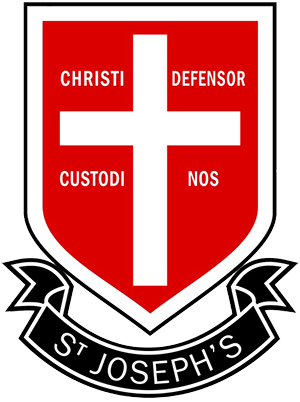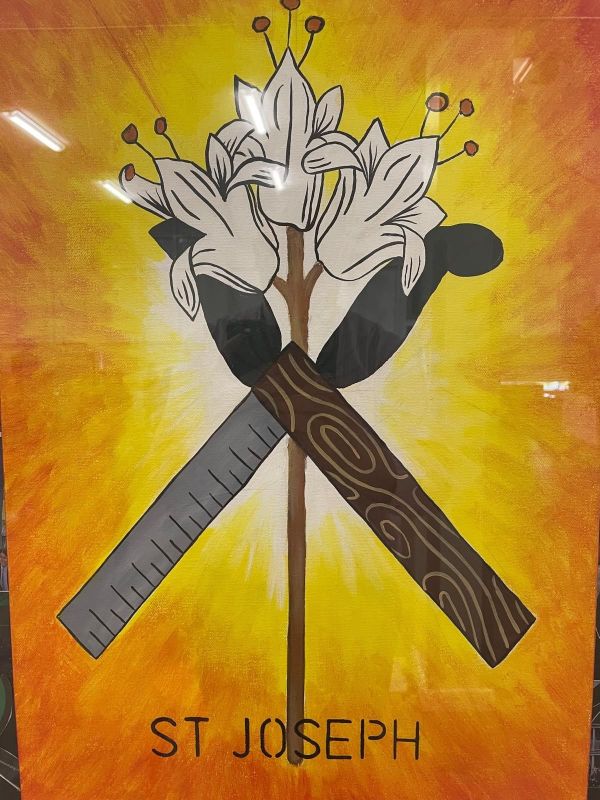Our School
Catholic Social Teaching
Work by Magdalena Tynor
What is Catholic Social Teaching (CST)?
Catholic Social teaching (CST) is the Catholic doctrines on human dignity and the common good that influence everything a Catholic or Catholic organisation like St Joseph’s should do. Written by Popes and other leading Catholics these writing are usually referred to as Encyclicals examining social issues that affect society such as hunger, conflict, workers rights and the environment in the light of Scripture.
Where does it come from?
Jesus’s teaching, from the teaching of famous Catholic thinkers (such as Augustine and Aqunias) and through the Church’s teaching authority through Popes. Catholic Social teaching examining scriptures and places it in the modern world to show how we should treat one another through the Word of Jesus
What are the different themes and how many are there?
There are 7 key principles to Catholic Social teaching. These are:
- Life and Dignity of a Human Person
- Option for the Poor and vulnerable
- Solidarity
- Peace
- Care for our Common Home (Creation)
- The Common Good – Rights and responsibilities
- Dignity of Work and the rights of Workers (Participate)
These principles of Catholic teaching are embedded across our entire curriculum and can be seen in many areas. Examples on the Curriculum maps on our website and the table below, show that we challenge pupils to look at modern issues and examine with them how they would respond, and more importantly how God would want us to respond. Our curriculum is flexible to ensure that current affairs such as Black Lives Matter are not only covered by reading books such as Journey to Jo ’Burg and examining slavery in the Americas but can be discussed in our reflection times each day. Coverage of the Holocaust is not just linked to History but is covered in RE in Judaism and in Art and Music so that pupils can express their views through the medium of Art.
Our Collective Worship through Assemblies and form time is a huge part of school life and we tackle issues of Social Justice with worship prepared by the children to further enhance their learning and gain an appreciation of issues in the world. Our collective worship plan has dedicated sessions where we look at issues of social justice such as National Holocaust Day, Black History Month, Anti Bullying week, Human Trafficking, Martin Luther King, Migrants and Refugees and World Water Day.
As well as extensive coverage in our curriculum, we build into our St Joseph’s life opportunities for pupils to work closely with different charities such as Access to Shine and SVP. By giving pupils the opportunity to look at the plight of refugees, pupils have worked hard to elicit responses from people in authority to try and make these people’s lives better. We are all here for each other and the community we serve, and our mission is to support those less fortunate than ourselves. As a school community our Mission Statement (Unlocking Belief in All) and our virtues highlights the truth that we are all made in God’s Image and as such all have an inherent and unique dignity. This is reflected in our relationships, our focus and actions as well as our policies and governance at the heart of our School. We are all brothers and sisters together in a community which dovetails into one wider, more diverse and global community who share our common home together on our planet.
As a result, our children feel that we are making a difference to the world by having an impact on social justice.

